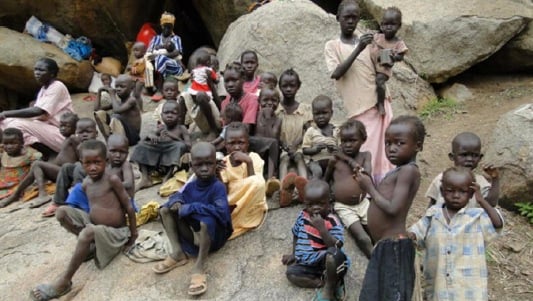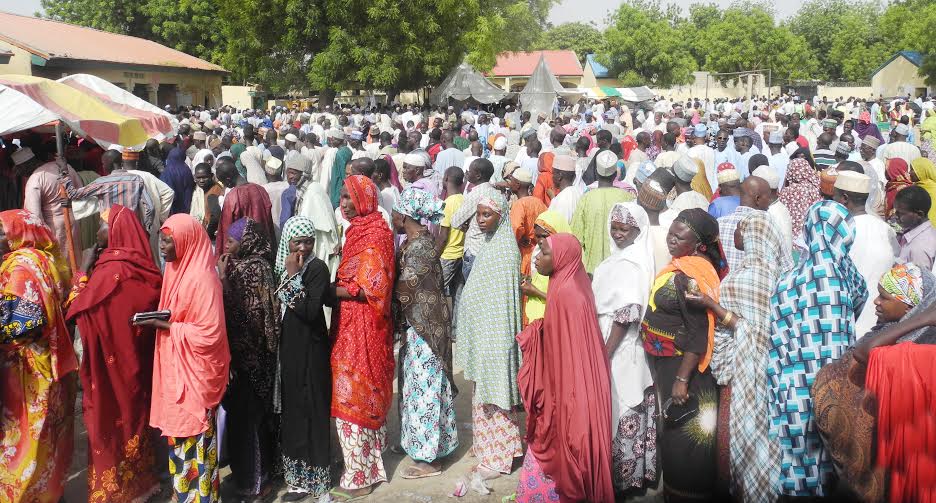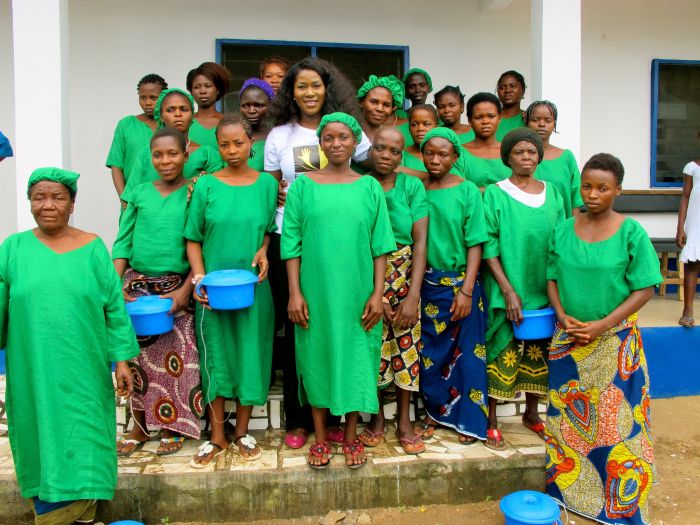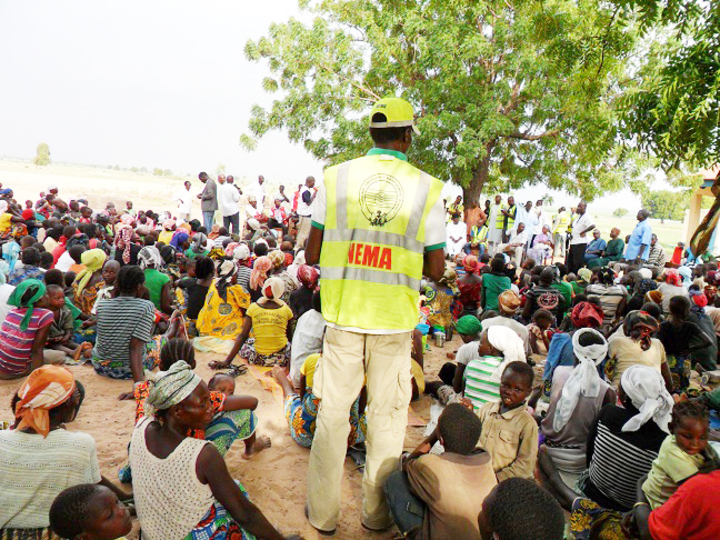A new study by UNICEF has revealed that eight out of 10, 18-year-olds believe young people are in danger of being sexually abused or taken advantage of online.
The study revealed that more than five out of 10 think that friends participate in risky behaviours while using the internet.
The report, ‘Perils and Possibilities, Growing Up Online’, is based on an international opinion poll of more than 10,000 18-year-olds from 25 countries.
It also revealed young people’s perspectives on the risks they face growing up in an increasingly connected world.
Advertisement
Cornelius Williams, UNICEF’s associate director of child protection, said the internet and mobile phones have revolutionised young people’s access to information.
“The poll findings show just how real the risk of online abuse is for girls and boys,” he said.
“Globally, one in three internet users is a child.”
Advertisement
Williams said the aim of the report is to amplify adolescents’ voices to help address online violence, exploitation and abuse, and make sure that children can take full advantage of the benefits the internet and mobile phones offer.
He said the new report found that adolescents appeared confident with their own ability to stay safe, with nearly 90 per cent of interviewees believing they can avoid online dangers.
Williams said approximately six out of 10 said meeting new people online is either somewhat or very important to them, while 36 per cent strongly believe they can tell when people are lying about who they are online.
More than two-thirds of girls, 67 per cent “strongly agree they would be worried if they received sexual comments or requests over the internet, this compares to 47 per cent of boys”.
Advertisement
“When online threats do occur, more adolescents turn to friends than parents or teachers, but less than half strongly agree they know how to help a friend facing an online risk,” he said.
The finding also revealed that two-thirds of interviewees in Sub-Saharan Africa, Latin America and the Caribbean either believe strongly, or somewhat, that friends put themselves at risk online, compared to 33 per cent in the United States and United Kingdom.
In the Middle East and North Africa only 41 per cent strongly agree and an additional 37 per cent agree somewhat.
Adolescents in Sub-Saharan Africa appear to value meeting new people online most, with 79 per cent saying it is either very or somewhat important.
In the US and UK, 63 per cent said it is not very, or not at all important to meet new people online.
Advertisement
It added that in the Central European countries, 63 per cent of interviewees strongly agree they would tell a friend if they felt threatened online, compared to 46 per cent who would tell their parent, while only 9 per cent would tell a teacher.
Williams said to engage children and adolescents in ending violence online, UNICEF will launch ‘ReplyforAll’, which is part of its global End Violence Against Children initiative.
Advertisement
He said children and adolescents would be asked to give their advice on the best ways to respond to online violence or risks and to raise awareness among friends through social media.
Advertisement
1 comments







I hope you will follow up on this storiy on how these young people can be helped to deal with online threats, abuses and harrasememnts. Will appreciate that.